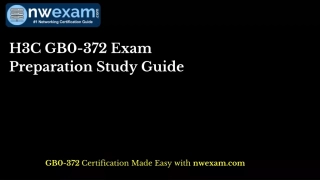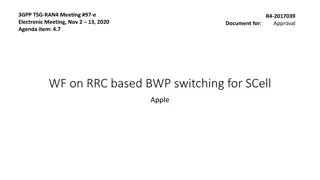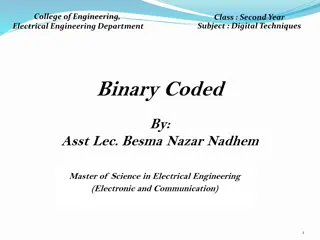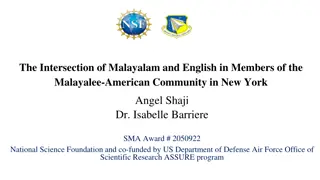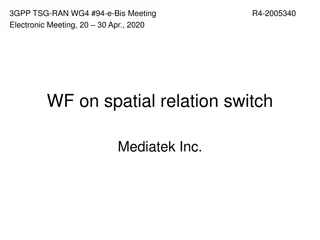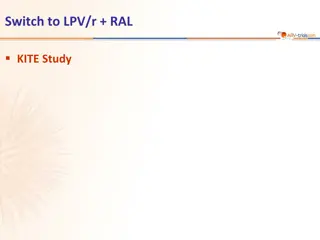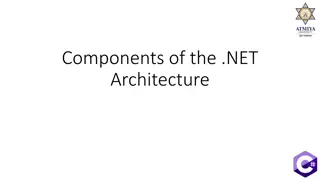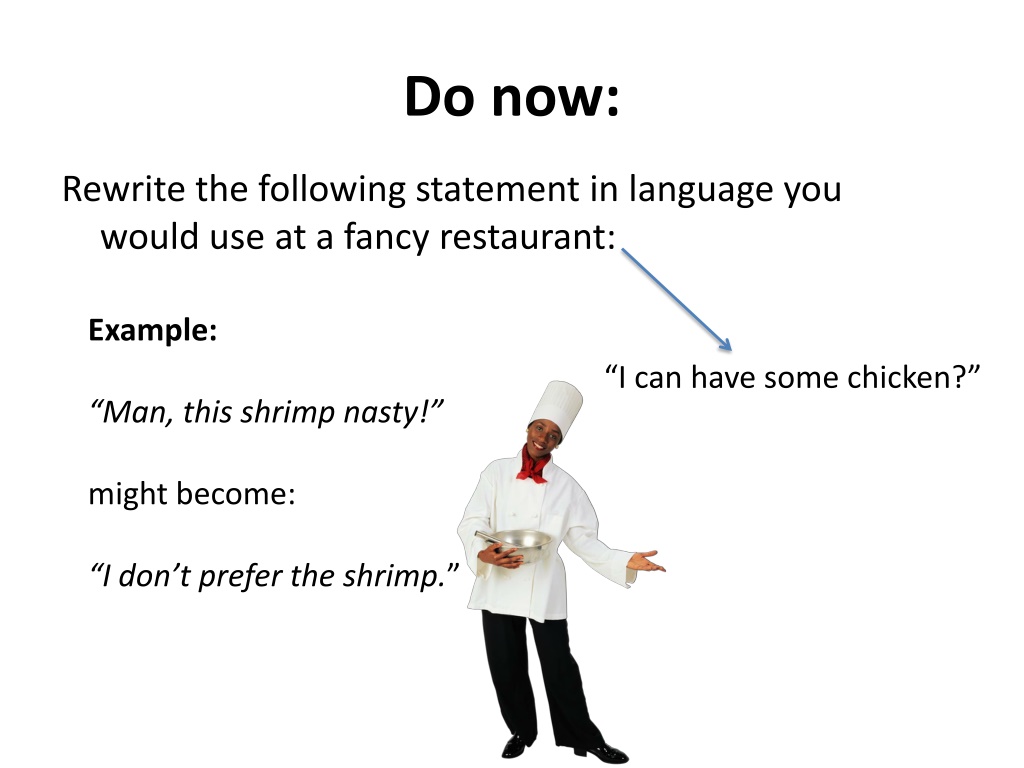
Elevating Communication: Formal vs. Informal Language Usage
Dive into the nuances of formal and informal language usage, exploring the importance of code-switching and speaking in standard English at school and work. Unveil the reasons behind insisting on scholars to communicate in formal English and how it opens doors to opportunities. Discover how educators guide students to adapt their language for different settings, fostering fluency and success.
Download Presentation

Please find below an Image/Link to download the presentation.
The content on the website is provided AS IS for your information and personal use only. It may not be sold, licensed, or shared on other websites without obtaining consent from the author. If you encounter any issues during the download, it is possible that the publisher has removed the file from their server.
You are allowed to download the files provided on this website for personal or commercial use, subject to the condition that they are used lawfully. All files are the property of their respective owners.
The content on the website is provided AS IS for your information and personal use only. It may not be sold, licensed, or shared on other websites without obtaining consent from the author.
E N D
Presentation Transcript
Do now: Rewrite the following statement in language you would use at a fancy restaurant: Example: I can have some chicken? Man, this shrimp nasty! might become: I don t prefer the shrimp.
Objectives: SWBAT explain the usefulness of code- switching SWBAT explain the purpose of speaking in formal (or standard ) English at school
Picnic vs. Fancy Restaurant *Turn and talk: Why did we have your brainstorm these lists? How does it connect to formal and informal language?
Why do it matter? Why does it matter? Language of Opportunity Job interviews College Daily work at your job Formal writing PRACTICE is key to fluency.
What it might look/sound like at Dibert: A teacher says something like Time and place or Let me hear that in a college-ready sentence. A teacher asks you to say an answer again A teacher repeats your answer back to you in a questioning voice, They don t listen to they mama? (They want you to say it in standard English.) A teacher circles an answer on your work and asks you to rewrite it in formal/standard English
What is the goal of insisting scholars speak and write in formal English? It is NOT to embarrass you. It is NOT because the way we may speak with our families and friends is wrong. It IS ONLY because the more codes you know, the more open the world is to you, the more successful you can be.
Exit Ticket: Answer the following questions in complete sentences: 1. What are two ways a teacher might remind you to use formal language? 2. Why do we do our best to speak in Standard English at school and work?



